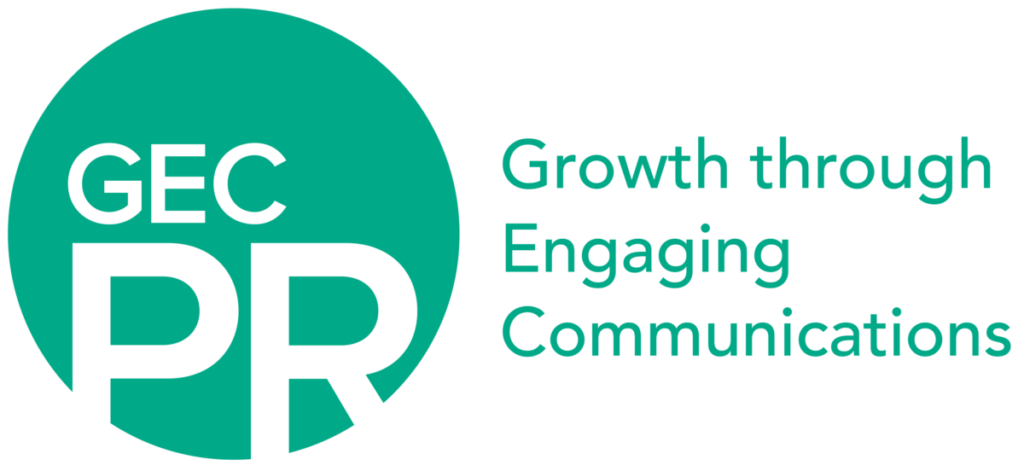Whether for personal or economic reasons, there isn’t a UK company that hasn’t been affected by the coronavirus pandemic, and my Travel PR agency is no exception.
I am acutely aware that the challenges of running a travel PR firm in no way compares to the challenges those in the front line are facing in tackling the coronavirus pandemic, such as the National Health Service or supermarkets. However, one day this pandemic will subside and travellers will wish to book holidays again. So I am very mindful of my responsibility to both my employees and clients to do my bit to prepare. For now, that means my fellow Travel PRs and I must keep calm and carry on.
Here are five ways I intend to do just that, whilst acknowledging that it’s no longer ‘business as usual’ for the wider travel sector or for Travel PR as we know it.
1. Don’t wait to be asked – reach out to clients:
I’ll be reassuring my clients that we are fully aware of the challenges they are facing, and that they’re not alone. Many clients won’t be aware of the crisis management services their agency offers if they have never faced a huge crisis. I suggest advising clients of the myriad ways their PR team can help them communicate with customers on their behalf even during times such as these. In a crisis, travel PRs may scale down on press trips but can scale up on messaging in terms of what their client is doing to keep holidaymakers safe, or by explaining how they are building flexibility into the bookings process to help travellers plan for the future.
2. Consider key learnings from previous issues and crisis situations…:
Having worked within the PR industry for over two decades I have been fortunate enough to have worked for some progressive PR consultancies that invested in staff crisis communications training. I was able to use that specialist knowledge when dealing with crises for a variety of clients (pubs, public sector organisations, tourist boards, hotel groups). One vital learning I’ve gained is when facing a crisis, gather as much information as possible, then filter it by looking at the situation from different perspectives by talking it through with clients and colleagues, therefore gaining consensus on your communications approach. Only then should you tailor your communication to the audience(s) you are speaking to. I’d also recommend investing in staff crisis management training (or working with a PR agency that offers crisis management assistance) in the good times as it pays for itself during the bad times.
3. … But don’t treat this situation like previous issue or crisis situations:
No two crises are the same – so it should never be a case of ‘this is how we always do things’. For instance, there will always be different people or locations to adapt to. Bespoke communications are best in a crisis, so I’ll be careful to stay present and focused on the situation in hand.
4. Revisit and revise all PR activity as needed:
When it comes to news and current affairs, what sounded great last week may read as ‘tone deaf’ this week, so I’ll be re-looking at all planned travel communications and content that was devised before the coronavirus outbreak – and building in flexibility to all forthcoming plans. Some ideas might need to be shelved, postponed or repurposed. At least once a week, I will be talking with my team to discuss what, if anything, has changed that could affect traveller sentiment, and how that will affect our PR output. We will be continually listening to what our media partners tell us they are looking for so we can adapt our news and content.
5. Crises are stressful, so practice self-care:
Panic is an understandable emotion in times of crisis. But it’s incredibly unhelpful, so I will do what I can to alleviate it. Slowing down allows time to think, and if I do feel panic arising, I’ll stop and do something to help re-focus. A short walk, meditating or yoga breathing (pranayama) for a few minutes can help slow down breathing and aid clarity. I find that just five minutes of self-care a day bolsters my ability to effectively deal with stressful issues or crisis situations.
Fiona Anderson, Company Director, GEC PR

